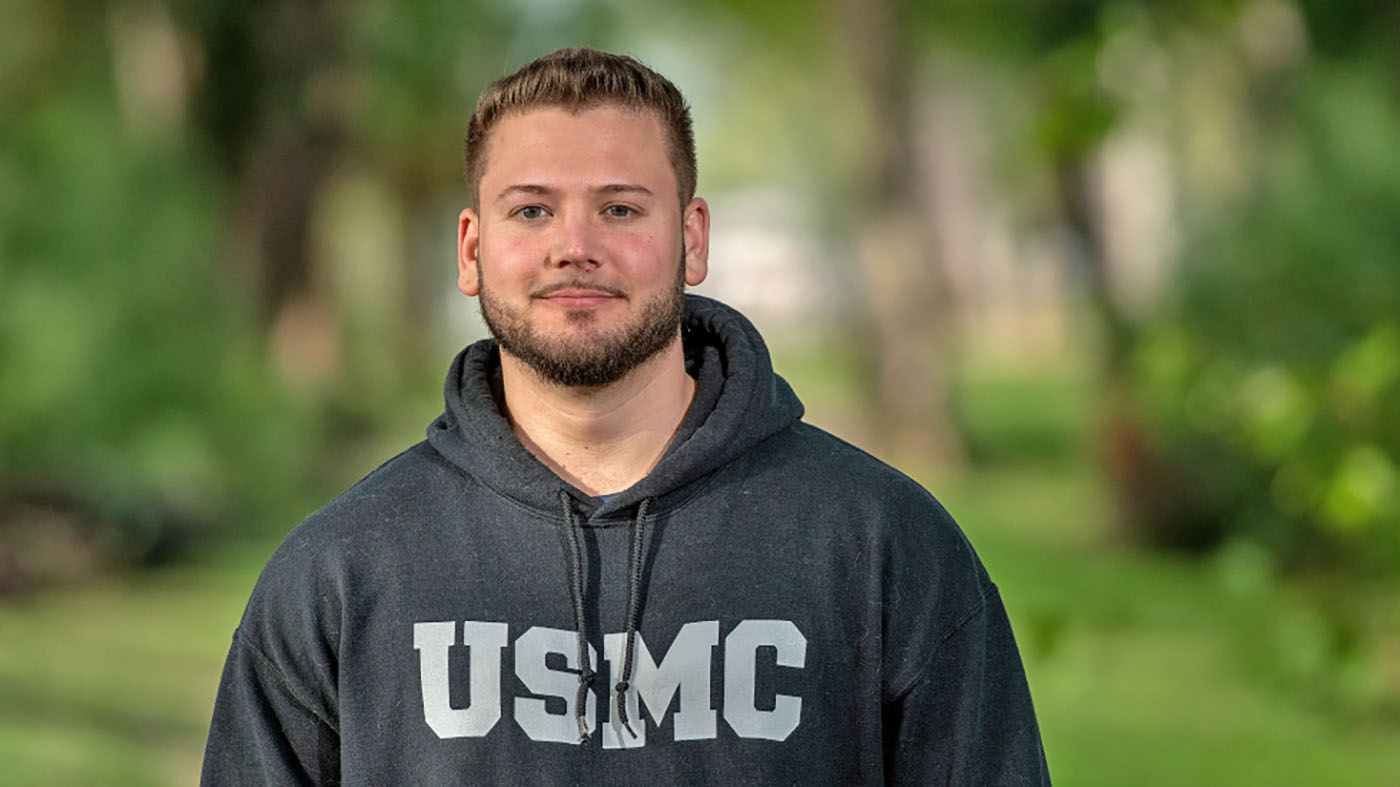When the Global War on Terror started, VA knew the possibility of unique injuries. Now, a decade later, Traumatic Brain Injury or TBI is one of those signature issues facing nearly 104,000 Iraq and Afghanistan Veterans who receive VA health care.
Learning more about TBI and developing new treatments is the work of researchers like Dr. David Cifu at the Richmond VA Medical Center in Virginia.
Cifu, a top expert on TBI, is one of eight researchers being recognized this year during National VA Research Week, May 17–21. The theme of this year’s event is “One Team, One Mission.”
It reflects the nationwide focus of VA researchers on advancing Veterans’ health care and improving their lives.
Pioneers
Cifu and other awardees, offer groundbreaking rehabilitation research to our nation’s Veterans. Other pioneers in their fields are making advances in areas ranging from heart disease and cancer to mental health and geriatric mobility:
- Jeffrey Curtis, Ann Arbor, has made huge contributions to understanding chronic obstructive pulmonary disease (COPD).
- Steven Dubinett, Los Angeles, studies lung immunobiology, helping to bring new treatments to patients with lung cancer.
- Miriam Morey, Durham, developed an exercise program for older Veterans called Gerofit, now used nationwide.
- David Oslin, Philadelphia, is a leader in integrating mental health care into primary care clinics and using genetics for the treatment of mental health problems.
- Stephen Plymate, Puget Sound, has shed light on the factors that shape how men with prostate cancer respond to different treatments.
- Matt Samore, Salt Lake City, has pioneered new ways to use the VA electronic health record system to track prescriptions and patient outcomes, leading to more prudent use of antibiotics across the VA system.
- Michael Zile, Charleston, is an international expert in the study of heart failure with preserved ejection fraction. He has helped establish diagnostic criteria to identify this subgroup of heart patients, and is helping to identify new potential treatments for this common cardiac condition.
This year’s main Research Week event will be a half-hour online show featuring the work of all eight awardees, along with Veteran features and a musical tribute. VA invites all Veterans, employees and the public to register in advance and watch the event May 19 at 3 p.m. ET.
Those wanting a deeper dive into the research can register to watch an online two-hour symposium May 21 at 3 p.m. ET.
Paula L. Pedene, APR, is a fellow with the Public Relations Society of America. Photos courtesy Frank Curran.
Topics in this story
More Stories
VA and the American Kidney Fund work together to fight chronic kidney disease in Veterans.
Transitioning to civilian life can be difficult. Find ways to overcome suicide thoughts with VA and Veteran organizations resources.
In this week's #LiveWholeHealth video, learn how to incorporate mindful movement into your day with yoga and stretching to improve posture, reduce stress and boost mood.







What happens when an elderly vet (75 in September) can no longer coordinate well enough to operate a scooter or wheel chair? Can new self-driving technology in automobiles be applied to mobility assistance vehicles? After losing control over a scooter and breaking a good friend’s arm, the VA replaced it with a smaller scooter. I still kept toppling end caps in my favorite grocery and big box stores. My care giver forbade me to use it any where but the Garage. Now my rusty wheel chair is in use after years of storage? Come on help me and my care giving spouse out here! If you get one off the drawing board, I can be the first to try it out, right?